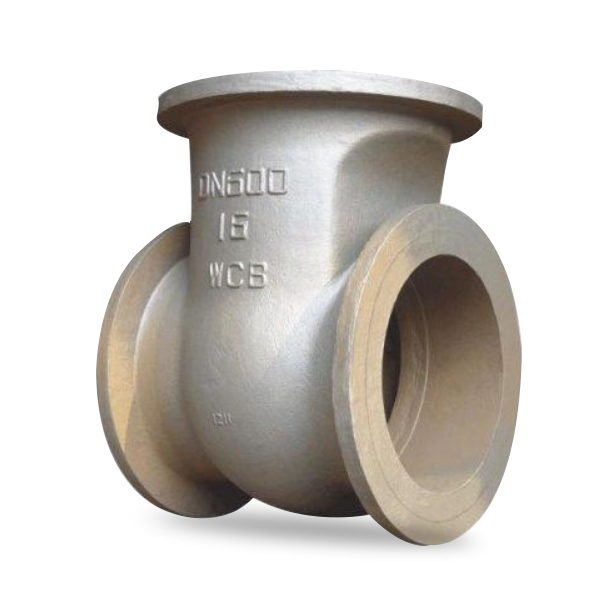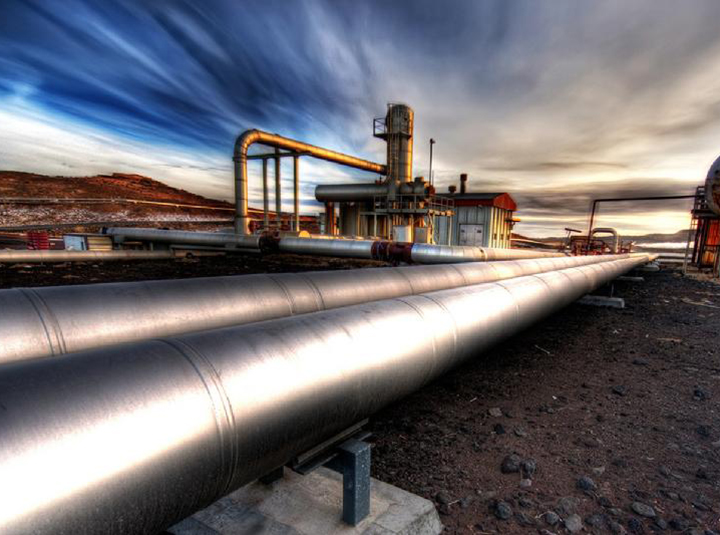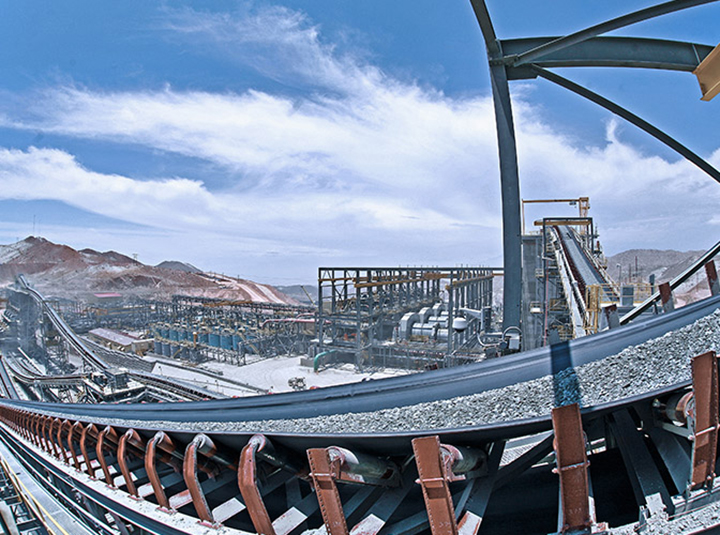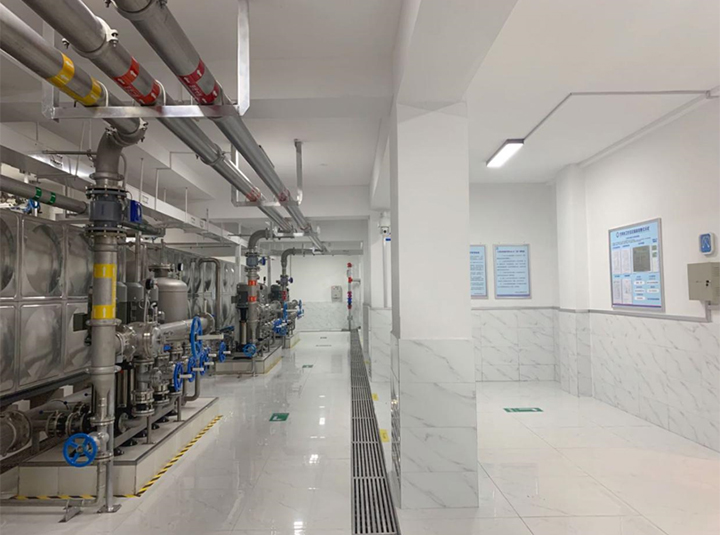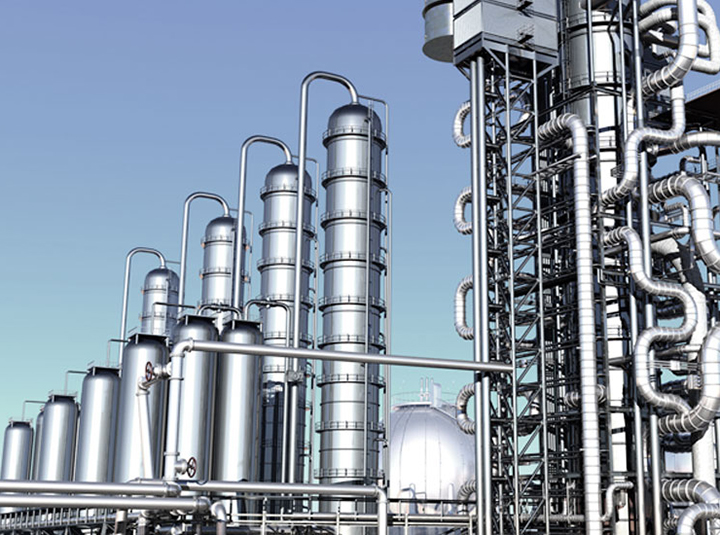Introduction
Globe valves and ball valves are two prevalent types of isolation valves employed in various industrial and commercial applications. Understanding their distinct characteristics and functionalities is crucial for selecting the most appropriate valve for specific requirements. This article provides a comprehensive comparison between globe valves and ball valves, exploring their design, operation, advantages, and limitations.
Design
Globe valves feature a straight-through flow path with a wedge-shaped disc that moves perpendicularly to the flow to control flow. Ball valves, in contrast, have a spherical ball with a through-hole that rotates to open or close the valve.
Operation
Globe valves utilize a stem that rotates to lift or lower the disc, while ball valves employ a lever or actuator to rotate the ball. Globe valves regulate flow by throttling, whereas ball valves provide a full-port opening or closure.
Advantages of Globe Valves
Precise flow control
Capability to withstand high pressures
Suitable for throttling applications
Low pressure drop
Limitations of Globe Valves
Higher pressure drop compared to ball valves
More complex internal construction
Potential for clogging due to the narrow flow path
Advantages of Ball Valves
Quick and easy operation
Low pressure drop
Full-port opening and closing
Reduced risk of cavitation
Limitations of Ball Valves
Limited flow control capabilities
Not suitable for throttling applications
May not withstand high-temperature environments
Application Considerations
Globe valves:Ideal for applications requiring precise flow control and high-pressure handling, such as steam and fluid control systems.
Ball valves:Suitable for on/off applications where low-pressure drop and quick operation are crucial, such as water isolation systems and gas pipelines.
Conclusion
Globe valves and ball valves offer distinct advantages and limitations for various applications. Globe valves excel in flow control and pressure handling, while ball valves provide low-pressure drop and quick operation. Understanding the differences between these two valve types empowers engineers and technicians to make informed decisions for optimal system performance and reliability.



